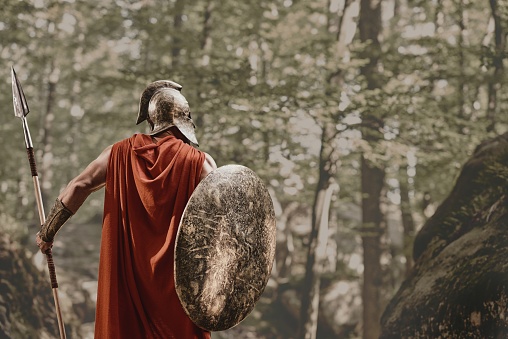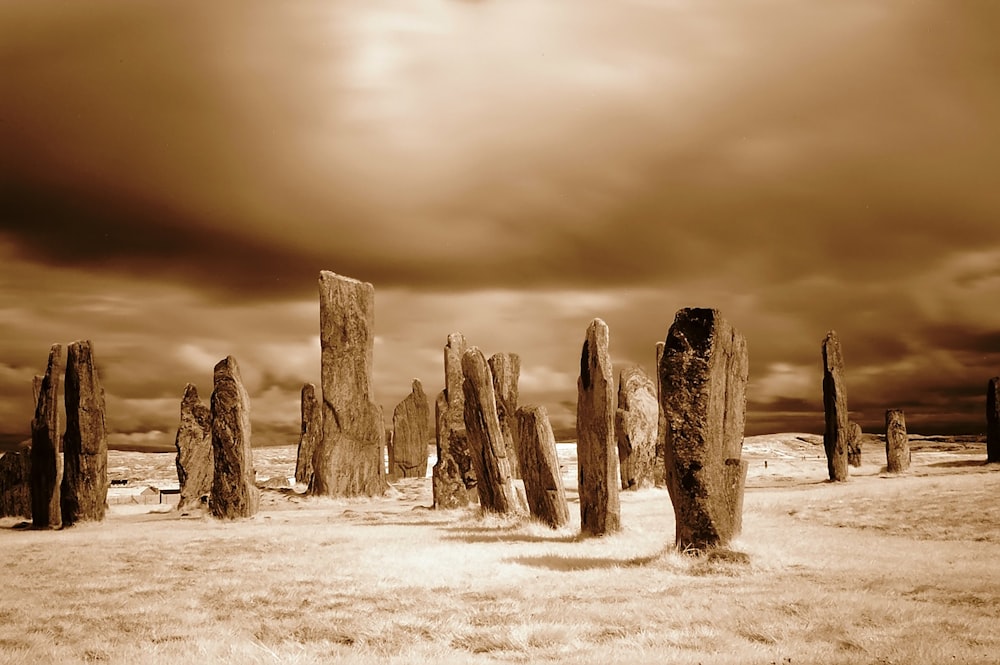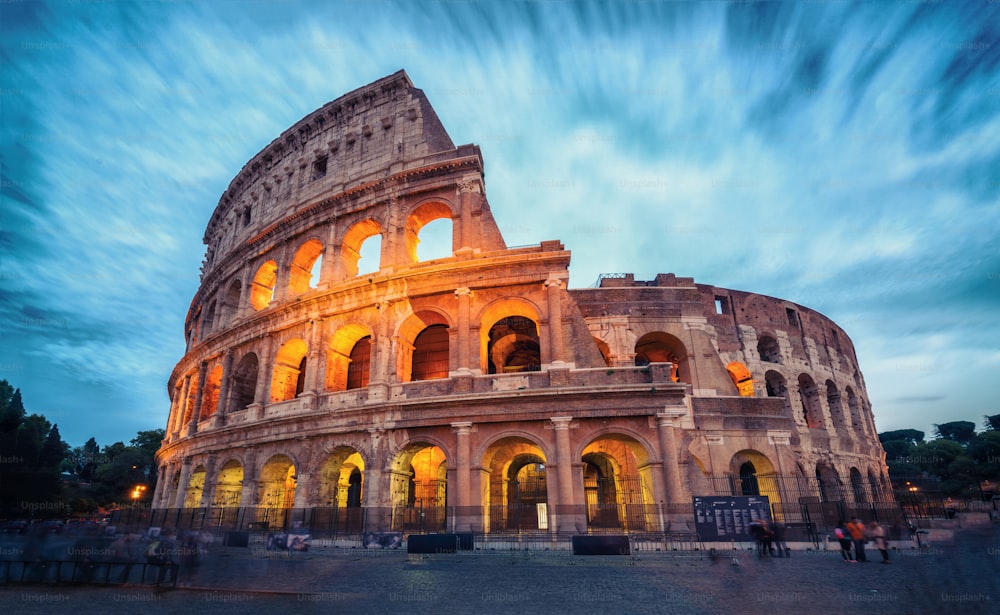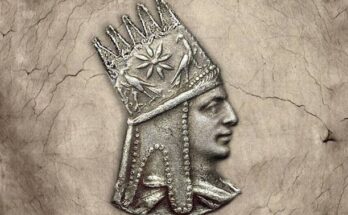List of historical events that had the biggest impact
Many historical events have had a strong impact when it comes to shaping our present. The fields and degree of these historical events vary. In this article we some of these important historical events.
The neolithic revolution: historical events
IMAGE CREDITS: Unsplash.com
Imagine a society without towns, cities, boundaries, or regions. Unthinkable, yes? If people had never stopped in pursuit of food and instead began cultivating and rearing their own food, this is how our globe may have appeared.
There is no documentation of the turning points that led to this change (like when people realized that seeds could be planted and how to enrich soils). Undoubtedly, the shift away from wild harvests was gradual, but about 12,000 years ago, the advent of agriculture led to a significant change in how people lived. Permanent settlements and farms were preferred over nomadic, hunter-gatherer lifestyles because they provided more consistent supplies of food and sustenance.
First city in Mesopotamia: historical events
Paleolithic time was when Mesopotamia was first populated by humans. People in the area were residing in compact villages with round homes by 14,000 B.C. Following the domestication of animals and the advancement of agriculture, particularly irrigation methods that made use of the Tigris and Euphrates rivers’ closeness, these homes eventually gave rise to farming towns five thousand years later.
The dominating Ubaid culture, which had previously assimilated the Halaf culture, was responsible for the advancement of agriculture. These dispersed agrarian settlements began in the northern section of ancient Mesopotamia and moved south, expanding for several thousand years until they formed what modern people would identify as cities, which were thought to be the Sumerian People’s creation.
Roman Gladiator

IMAGE CREDITS: istockphoto.com
An ancient professional fighter known as a “gladiator” specialized in particular weapons and armor styles. From 105 BCE to 404 CE, they engaged in public combat in wildly popular organized games staged in enormous purpose-built arenas all around the Roman Empire.
Gladiators were men who fought to the death for the amusement of others, as is addressed in the “History on Fire” podcast by author and college lecturer Daniele Bolelli on Luminary. According to the episode titled Gladiators in Ancient Rome, the earliest gladiators were slaves who simultaneously served as celebrities and loathed outcasts.
Black death in England: historical events
Imagine the dread that must have gripped the populace of England in 1346 as the plague outbreak spread across the nation. The epidemic, sometimes known as the “Black Death,” decimated towns and villages and killed nearly a fifth of the local population. The primary carriers of the plague were flea-infested rats and individuals who had already contracted the illness on the continent. Rats served as the reservoir hosts for the Y. pestis bacteria, and the Oriental rat flea was the primary vector. The disease had a significant impact on society, bringing temporary tranquilly and raising wages for the remaining peasants. It helped bring an end to slavery and serfdom by paving the ground for the peasants’ uprising.
Death of Roman empire
IMAGE CREDITS: Unsplash.com
Caesar led a lone legion across the Rubicon River in 49 BC, setting off a civil war that would eventually bring an end to the Roman Republic. The Triumphant Caesar is a topic that is covered in the History of Rome podcast on Luminary.
The Battle of Pharsalus, which took place on August 9, 48 BC, close to Pharsalus in central Greece, was the turning point in Caesar’s Civil War. A line of battle was drawn up between Pompey’s Roman Republic army and Julius Caesar and his supporters. Victorious from the Civil War, he went back to Rome and started his extensive reform initiatives.
The beginning of the end: historical events
From 176 until his father Marcus Aurelius’ death in 180, and then all by himself until 192, Commodus ruled the Roman emperor. Commodus’ sister poisoned his food, but he threw the poison back up, so the plotters dispatched Narcissus, his wrestling partner, to strangle him in his bathtub.
It’s covered in depth on the Luminary podcast History of Rome. In reality, Buying Power, an episode of the show, discusses Commodus’ rule, his murder, and how it marked the beginning of the end.
He was designated a public enemy by the Senate after his death, and the old names of Rome’s institutions and city were reinstated.
Industrial revolution
Which sped up the industrialization processes that are still happening today. During the Industrial Revolution. Which occurred in Britain, continental Europe. And the United States between roughly 1760 and sometime between 1820 and 1840, new industrial processes were adopted.
This change included moving from manual to mechanical production techniques, developing new techniques for producing chemicals and iron, utilizing steam and water power more extensively, developing machine tools, and expanding the mechanized industrial system.
The rate of population growth also increased at a never-before-seen rate as a result of the Industrial Revolution. During the Industrial Revolution, economies based on agriculture. New equipment, power sources, and labour arrangements helped existing industries become more productive and effective.
The first vaccine: historical events

IMAGE CREDITS: istockphoto.com
When English physician Edward Jenner found that milkmaids with cowpox were resistant to smallpox in 1796. That is when vaccinations first became popular. When English physician Edward Jenner found that milkmaids with cowpox were resistant to smallpox in 1796. Which is when vaccinations first became popular. In order to attain 80% vaccine coverage in each nation. Mass vaccination drives were first deployed as part of the global eradication effort. Case detection and ring vaccination of all known. These are very important for existence of human beings.
End of cold war: historical events
The fall of the Berlin Wall was its climax. And one of the most well-known historical occurrences. The wall crumbled during a wave of upheavals that almost brought an end to the Soviet-led communist bloc. And contributed to establish a new global order.
USEFUL LINKS:
To know Most important events in human history, click here
Check out strongest armies in the ancient world by clicking here
Learn about prosperous dynasties of China






